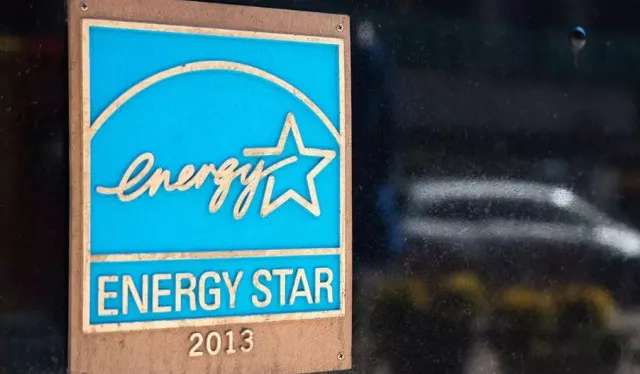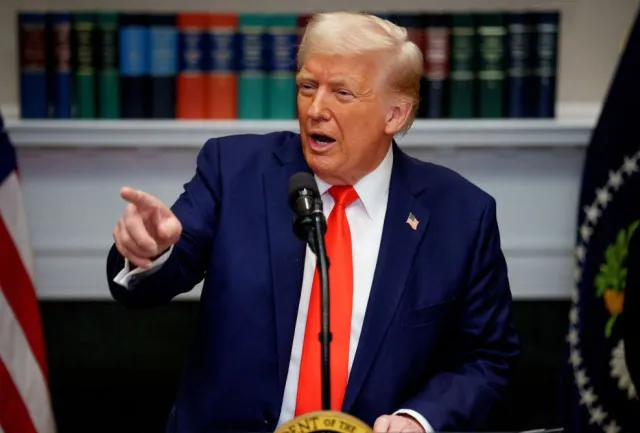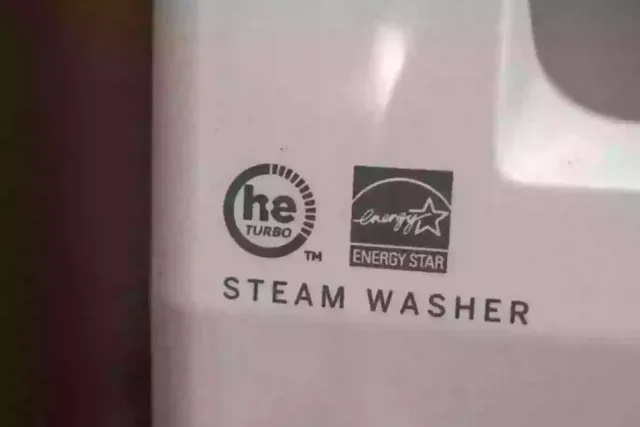The Trump administration’s plan to eliminate the Energy Star programcould dramatically raise household energy costs, experts warn this week.
Trump’s Energy Star cut could cost households $450 per year
Shutting down the Energy Star program may eliminate vital savings for American households struggling with rising energy prices.

Energy experts say that ending Energy Star would strip families of yearly savings averaging $450. This made appliances costiler long-term.
Well, what Is the Energy Star program and why it matters to American consumers?
Launched in 1992, the Energy Star program helps consumers identify energy-efficient appliances and electronics.
The program guides people toward smarter purchases, offering significant cost savings over time.
Energy Star-certified products help customers compare appliances.
They also offer access to rebates and tax credits worth up to $3,200 annually.

Without the program, buyers may lose insight into energy efficiency. As a result, they could end up paying more for less efficient products.
Trump officials plan to end energy star program
According to The Washington Post, Environmental Protection Agency staff were told the Trump administration intends to shutter Energy Star permanently.
The decision has sparked widespread concern among energy experts and environmental advocates.

The program currently costs the government $32 million per year, while saving Americans over $40 billion annually in energy spending.
Critics say the program is a high-return investment, delivering $350 in consumer savings for every federal dollar spent.
Paula Glover, president of the Alliance to Save Energy, told CNN the move contradicts Trump’s promises to lower energy bills.
Experts say ending program will hurt consumer savings
Losing Energy Star will leave buyers confused and potentially overpaying for inefficient appliances without clear guidance
Without Energy Star ratings, average shoppers may struggle to identify which refrigerators, washers, and air conditioners are energy-efficient or cost-effective.
This lack of guidance may force consumers to rely on vague advertising rather than trusted government-backed efficiency testing.
Industry groups argue that removing the program could increase power demand.

This would worsen energy burdens for middle-class and low-income families.
Additionally, CEOs from top retailers privately warned Trump his import policies and tariffs may trigger empty store shelves
While Energy Star faces elimination, Trump is also under fire for tariffs that could destabilize supply chains and affect retail prices.
Executives from Walmart, Home Depot, and Target met with Trump on April 21 in the Oval Office.
They expressed serious concerns about the new import taxes.
The CEOs warned that these taxes could cause inventory delays, price hikes, and empty shelves in the coming months.
An anonymous White House official told Axios the CEOs insisted prices are steady now but will rise if policies continue.
They said: The big box CEOs flat out told him the prices aren’t going up, they’re steady right now, but they will go up.
“And this wasn’t about food. But he was told that shelves will be empty.”
Trump’s import tariffs sent markets into panic
Following his announcement of aggressive new tariffs, the stock market experienced a sharp downturn. It ratted businesses and consumers alike.
The administration has since paused the tariffs for 90 days, but uncertainty remains across major industries and the broader economy.